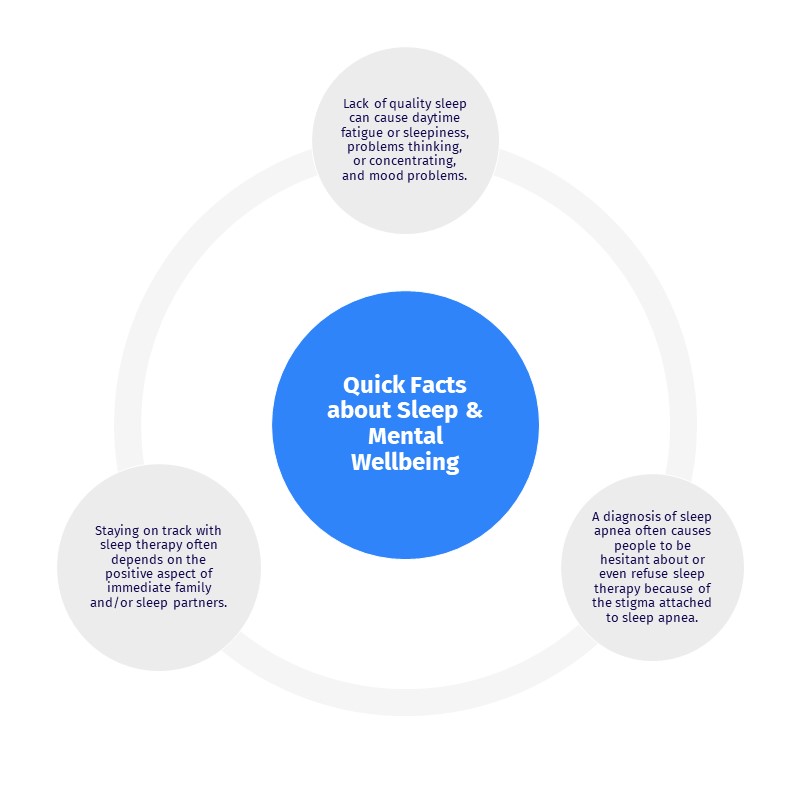
Physical and emotional health are interwoven. The diagnosis and management of a lung disease can bring up many emotions. People with a lung disease my experience stress, anxiety, or depression.
Why does having a lung disease impact a person’s emotional health?
There are many things about lung disease that may impact a person’s emotional health.
- When a person is having trouble breathing, they may feel like they are going to die. This can be scary and stressful. Even when not having symptoms, people with lung disease may worry about the next time they might have symptoms.
- The shallow breaths a person takes when having trouble breathing may make their brain think the situation is stressful, even if it is not. This may cause the person to feel anxious.
- Having a lung disease may also stop people from doing things they enjoy. This may make the person feel sad.
- Some people feel isolated if they cannot do things because of their lung disease, or if they are away from people because of a hospitalization.
Can a person’s emotional health impact their lung disease?
A person’s emotions can also impact their lung disease. Stress, anxiety, and depression may worsen a person’s lung disease. For example, if a person is very nervous about their disease, they may feel overwhelmed and not be able to take care of their themselves. A person who is depressed may have less energy or have a difficulty concentrating. This may get in the way of their disease self-management and worsen the lung disease. Stress can also trigger lung disease symptoms.
Is the emotional health of youth with lung disease affected?
Children and adolescents with lung disease may also experience these negative feelings. Youth, especially adolescents, are at a stage in development where their friends play very important roles in their lives. Having a lung disease may get in the way of forming these important friendships. The youth may feel isolated or different than their peers, and this can negatively impact their emotional health.
Is the emotional health of caregivers affected?
Caregivers may also experience poor emotional health. They may feel overwhelmed by the tasks needed to care for their loved one. They may feel sad that their loved one is sick. Parents may feel guilty that their child has a lung disease.
What helps to improve emotional health?
- Exercising can improve mood. Providers can recommend the best type of exercise for a person with lung disease.
- Sharing feeling with family or friends.
- Joining a support group.
- Using relaxation techniques, like mediation and tapping.
- Asking for help
Temporary feelings of stress, anxiety and depression are normal. But if these feelings last longer than a couple of weeks, it may be a sign that something more is needed. Talking with a counselor or therapist might help. Medication might be needed to lesson improve these feelings. It is also important for people with lung disease to talk with their healthcare provider about these feelings.




